Brown University professor Stephen Porder joins host Krys Boyd to discuss hydrogen, oxygen, carbon, nitrogen and phosphorus and how these building blocks of life affect the climate.
Read more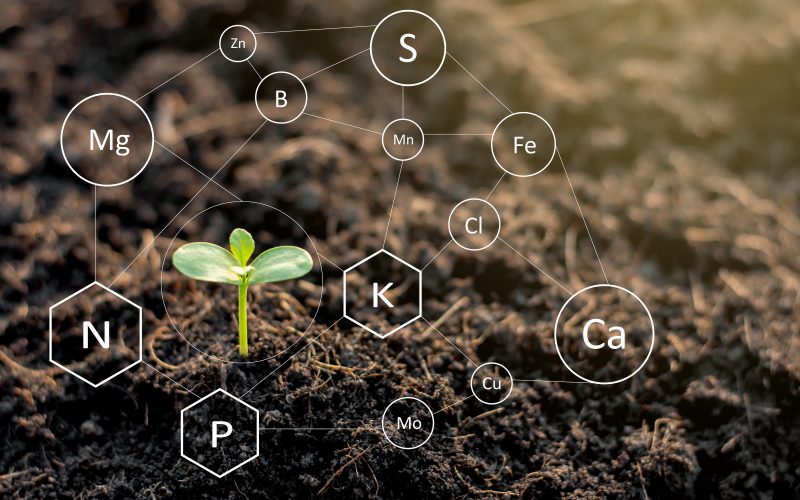


Brown University professor Stephen Porder joins host Krys Boyd to discuss hydrogen, oxygen, carbon, nitrogen and phosphorus and how these building blocks of life affect the climate.
Read more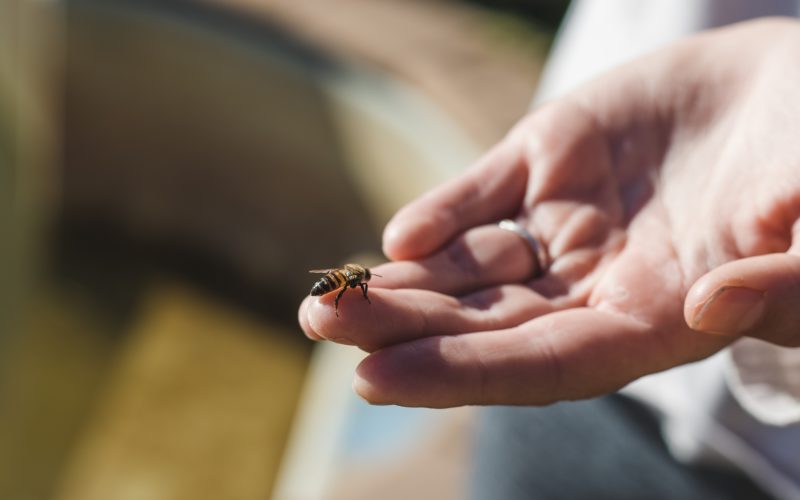
Host Krys Boyd talks with behavioral ecologists about wasps and bees, and a professor of animal sentience about flies to explore all the wonderful ways their tiny minds work.
Read more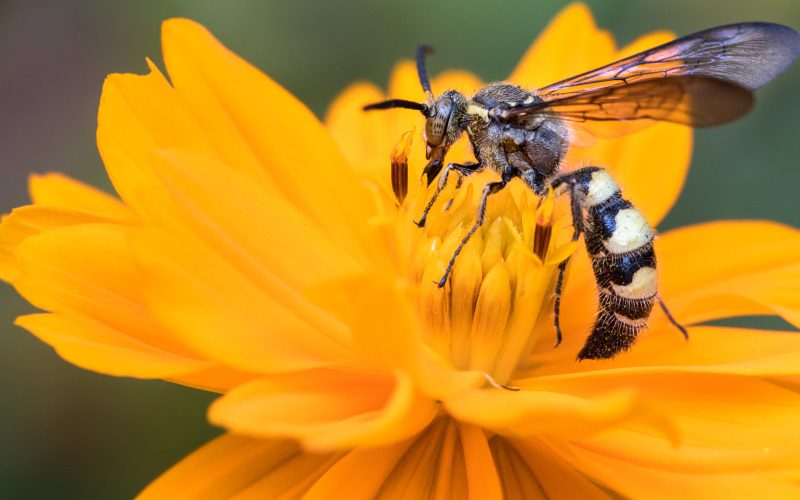
Professor Seirian Sumner discusses the wild world of wasps, which she says have an undeserved reputation as nature’s bad guys.
Read more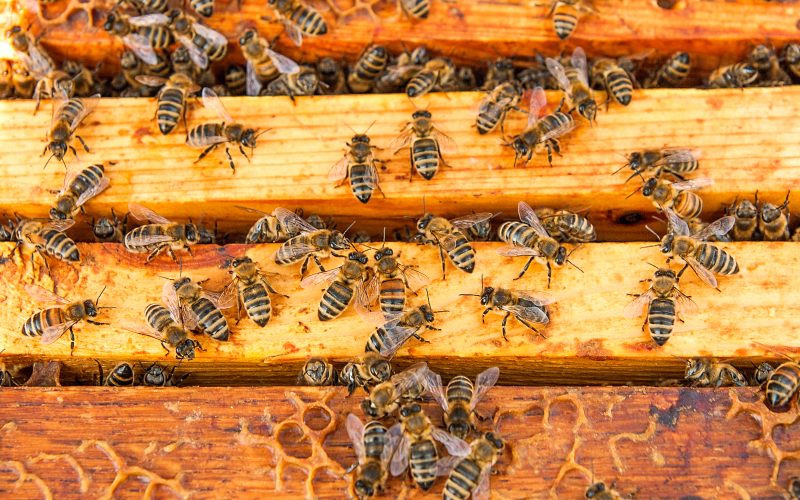
Professor Lars Chittka discusses the sentience of bees – from their ability to learn to having an emotional life – and the moral obligation we have to help them survive.
Read more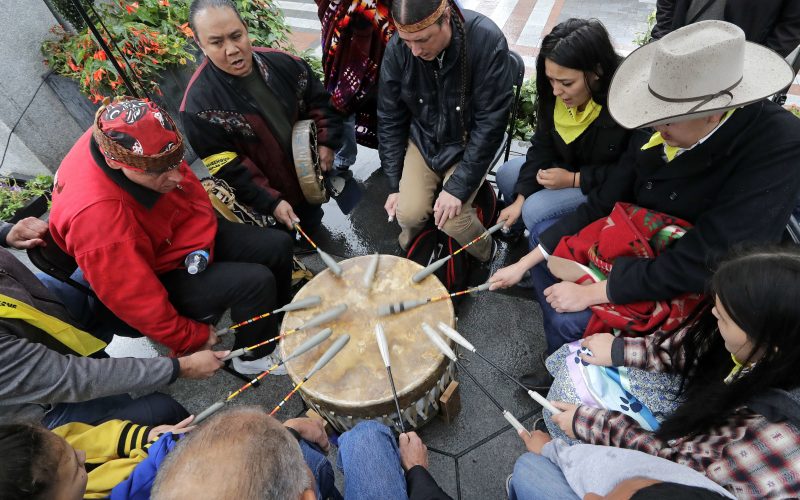
Ecologist Alejandro Frid joins us to talk about integrating Western science with ancient traditions.
Read more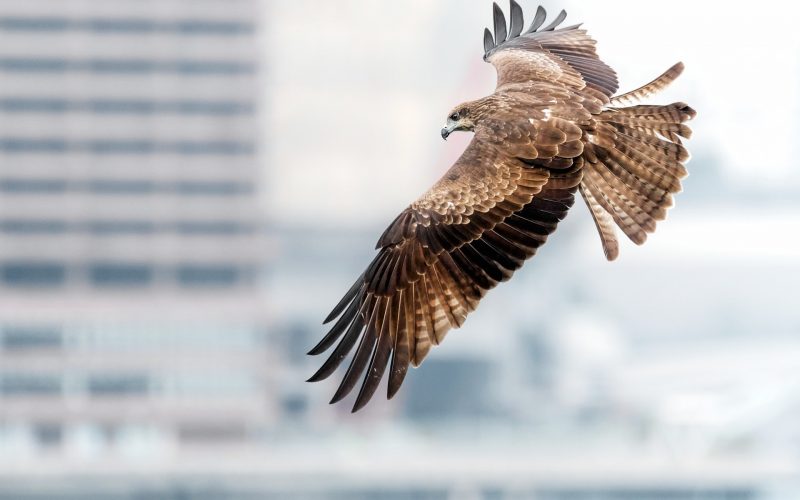
Urban ecologist Menno Schilthuizen joins us to talk about how lizards, birds and other creatures are adapting to better live alongside us.
Read more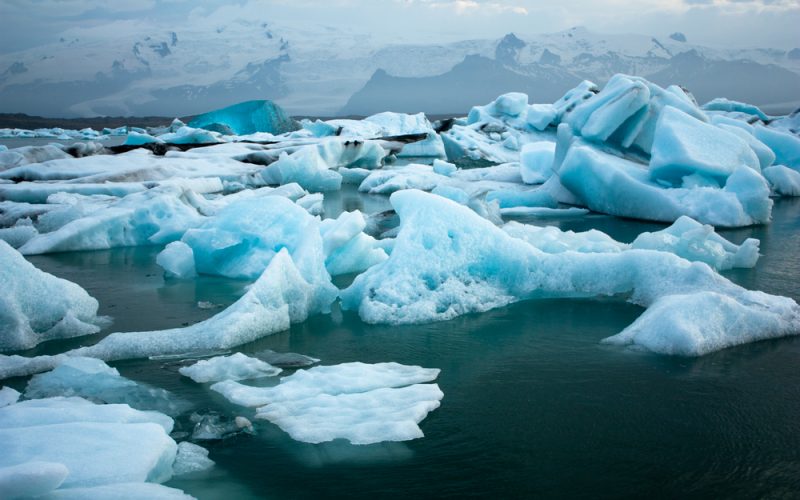
We’ll talk with Greg Asner, an ecologist with the Carnegie Airborn Observatory, about taking to the skies to take the Earth’s temperature. Asner is featured in “National Geographic” magazine’s November issue devoted to climate change.
Read more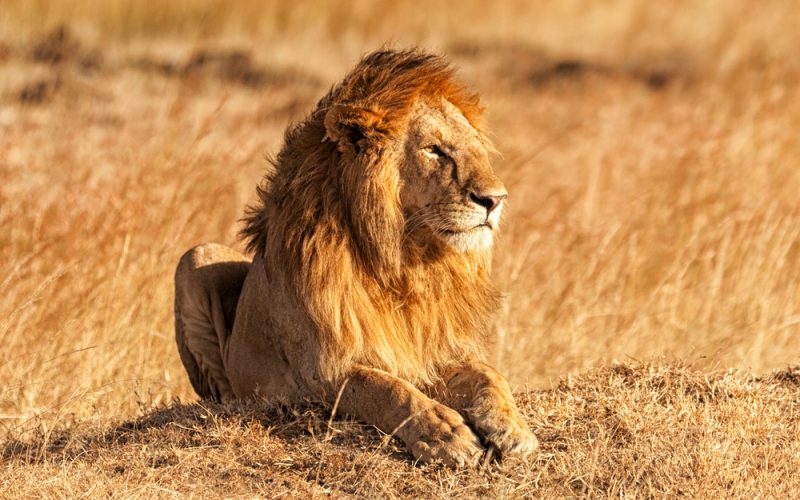
We’ll talk about how we can better protect lions with minimal intrusion into their worlds with Craig Packer, director of the Lion Research Center at the University of Minnesota.
Read more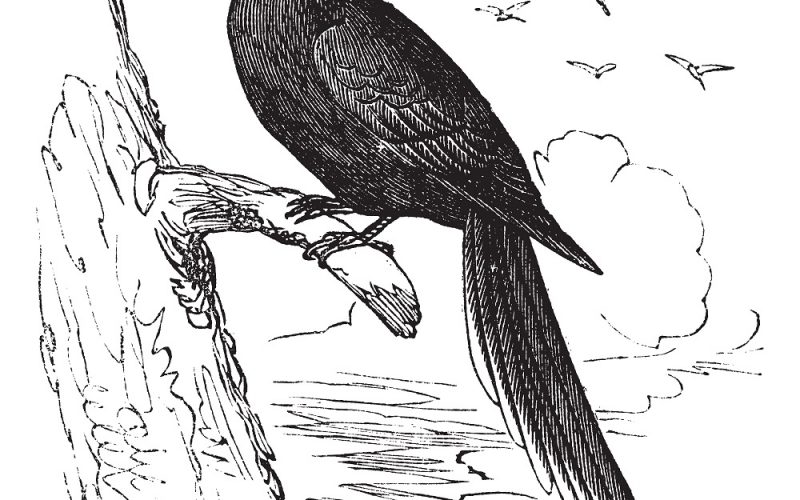
We’ll talk about efforts being made to save endangered species – and about how these efforts make the planet less wild – with M.R. O’Connor, author of Resurrection Science: Conservation, De-Extinction and the Precarious Future of Wild Things.
Read more